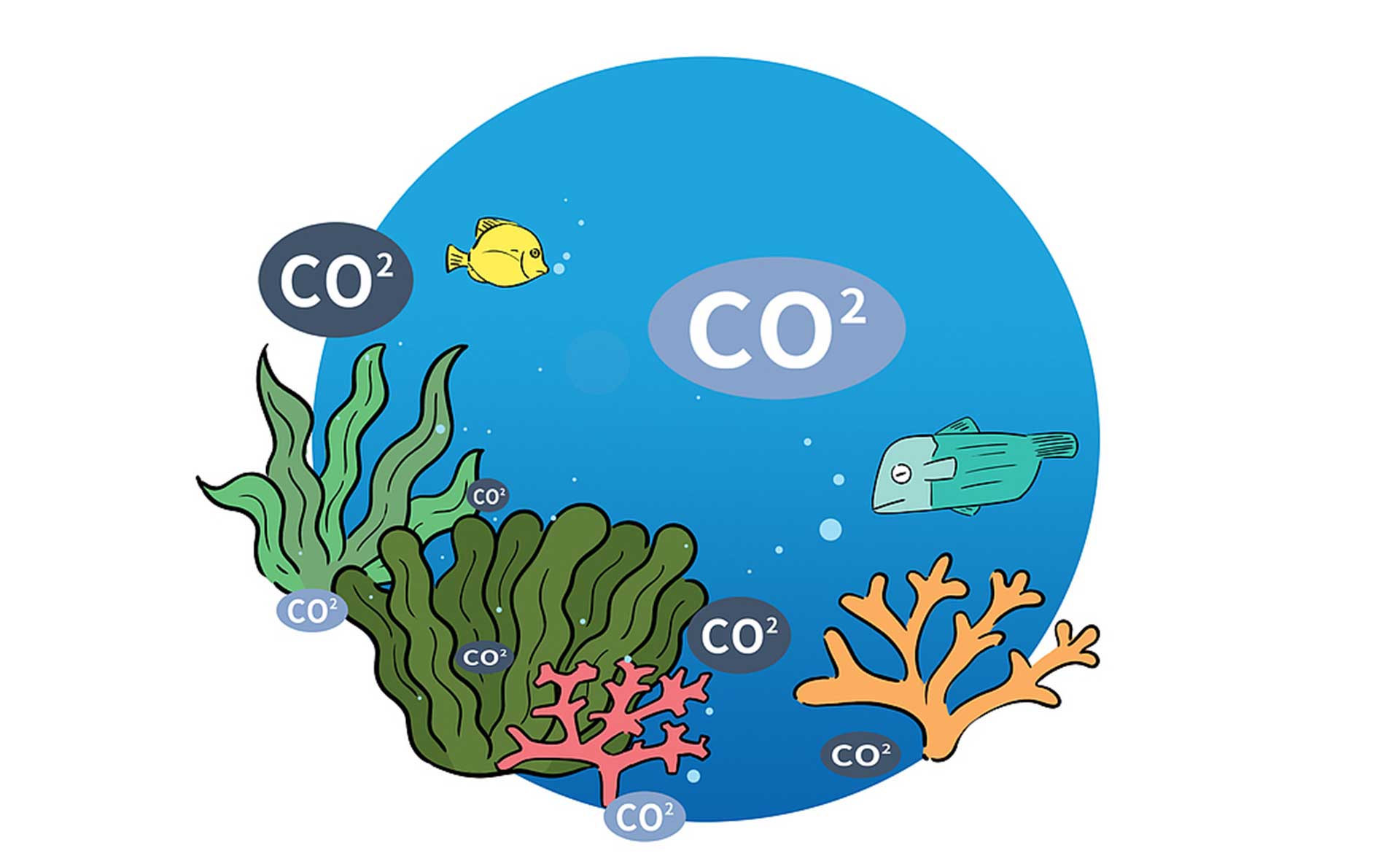
The 2025 World Oceans Day emphasized the ocean’s vital role in fighting climate change, focusing on its ability to absorb carbon through “blue carbon” ecosystems like mangroves and seagrass beds. Oceans store far more carbon than land or the atmosphere, making them essential for global carbon neutrality. Pacific Island nations, though rich in marine resources, are highly vulnerable to climate impacts and have strengthened cooperation with China in marine carbon sequestration. At the 2025 Shanghai Carbon Neutrality Expo, projects showcasing China’s leadership in shellfish and macroalgae farming were highlighted for their large-scale carbon absorption. China is also developing market-based solutions like carbon trading to expand blue carbon efforts. Officials see the China–Pacific partnership as a model for global cooperation, combining innovation, policy, and community efforts. With the ocean economy projected to surpass $3 trillion by 2030, international focus on sustainable marine development is growing, especially as China’s Vice President attends the UN Ocean Conference in France.
Credit CGTN